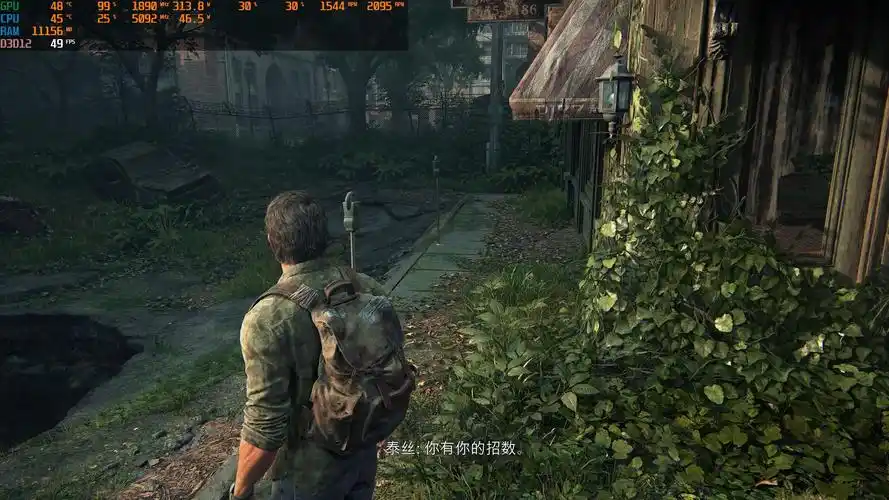Title: Deep Game News: Stories That Resonated with Gamers
In the ever-evolving landscape of video games, news cycles often move at a breakneck pace. Announcements, updates, and controversies flash across our screens, sometimes forgotten as quickly as they arrived. Yet, amidst this constant stream of information, certain stories possess a unique depth. They transcend mere headlines to strike a chord with the global gaming community, sparking conversations about artistry, ethics, culture, and the very future of the medium. These are the stories that resonate, leaving a lasting imprint on players and developers alike. This article delves into a few of these profound narratives that defined recent years in gaming.
The Phantom Pain of a Lost Studio: The Silent Hills Cancellation
Perhaps no cancellation in modern gaming history has generated such lasting sorrow and fascination as the abrupt end of Silent Hills. Announced in 2014 with a revolutionary, interactive teaser, P.T. (Playable Teaser), the project was a dream collaboration between legendary director Hideo Kojima and filmmaker Guillermo del Toro, starring Norman Reedus.
P.T. itself became a cultural phenomenon. It was not merely a demo; it was a masterclass in atmospheric horror, a looping hallway of psychological terror that players and streamers dissected for clues. It promised a Silent Hill revival that was innovative, terrifying, and deeply narrative-driven.
The news of its cancellation in 2015, following the very public fallout between Kojima and Konami, sent shockwaves through the industry. This wasn't just the loss of a game; it felt like the loss of potential art. The story resonated because it was a stark reminder of the corporate machinery that underpins creative visions. It sparked widespread discussions about developer rights, corporate culture in Japanese gaming giants, and the fragility of ambitious projects. To this day, "What could have been?" remains a poignant question among horror fans, and the legend of P.T. ensures that the story of Silent Hills continues to resonate as a ghost of gaming's potential future.
A Universe Reborn: The No Man's Sky Redemption Arc
If the Silent Hills story is one of loss, then the saga of No Man's Sky is one of redemption—a narrative so compelling it has become a blueprint for rebuilding trust. At its launch in 2016, Hello Games' ambitious space exploration title became synonymous with hype and disappointment. Promised features were missing, and the endless universe felt, to many, empty and repetitive. The backlash was severe and personal.
However, the story didn't end there. Instead of abandoning the project, developer Sean Murray and his small team went silent, dedicating years to free, substantial updates. They delivered on their original promises and then some: base building, full multiplayer, VR support, overhauled visuals, and deeper lore.

This years-long effort transformed the game's narrative completely. The story of No Man's Sky is no longer about a disastrous launch; it's about perseverance, commitment, and the possibility of redemption. It resonated deeply with gamers because it was a human story. It showed a team listening to its community, accepting criticism, and working tirelessly to make things right. In an era of live-service games often accused of being abandoned or monetized aggressively, Hello Games' quiet dedication struck a powerful chord, turning a cautionary tale into one of the industry's most remarkable comeback stories.
The Indie Spark That Lit the World: The Among Us Phenomenon
Sometimes, resonance isn't about drama or conflict but about pure, unexpected joy. The story of Among Us is a fairy tale for the digital age. Developed by the tiny studio Innersloth, the social deduction game was released in 2018 to little fanfare. For two years, it existed in a quiet niche.
Then, in the summer of 2020, the world changed. The COVID-19 pandemic forced people indoors, desperately seeking new ways to connect. Streamers and content creators, looking for engaging multiplayer experiences, stumbled upon Among Us. Its simple premise—working together on a spaceship while rooting out impostors—was perfectly suited for both gameplay and entertainment.
Its explosion was meteoric. The game became a global sensation almost overnight. This story resonated because it was a testament to the unpredictable nature of success and the power of community-driven discovery. It was an indie game that provided a crucial social outlet during a time of profound isolation. Among Us became more than a game; it was a virtual playground, a place for friends to laugh, argue, and bond across distances. It proved that a great idea, no matter how simple, could find its moment and bring millions together.
Pixels with Purpose: The Rise of Games as a Force for Good
Beyond individual games, a broader, more impactful story has been resonating with the gaming community: the increasing use of games as a platform for social good and historical education. Titles are increasingly recognized not just as entertainment, but as powerful mediums for empathy and understanding.
Games like Hellblade: Senua's Sacrifice, made with deep consultation with neuroscientists and people who experience psychosis, have sparked important conversations about mental health representation. Its unflinching and respectful portrayal fostered empathy in a way few other media could.
Similarly, the release of Ukraine War Stories, a series of free-to-play vignettes developed by Ukrainian studio Starni Games amid the ongoing invasion, represents a new, harrowing depth for the medium. These are not games for entertainment but for testimony—digital narratives ensuring that the human cost of conflict is not forgotten.
These stories resonate because they elevate the discourse around gaming. They challenge the outdated stereotype of games as mindless distractions and position them as a legitimate and potent art form capable of fostering compassion, preserving memory, and driving social change. Gamers have embraced this evolution, showing a hunger for experiences that are not only fun but also meaningful.
These stories—of lost potential, hard-won redemption, unexpected connection, and purposeful art—form the deep game news that truly matters. They are the narratives that gamers carry with them, the ones that shape our perception of what games are and what they can be. They remind us that behind every line of code, there is human ambition, creativity, and a desire to connect, making the world of gaming infinitely richer and more profound.


















